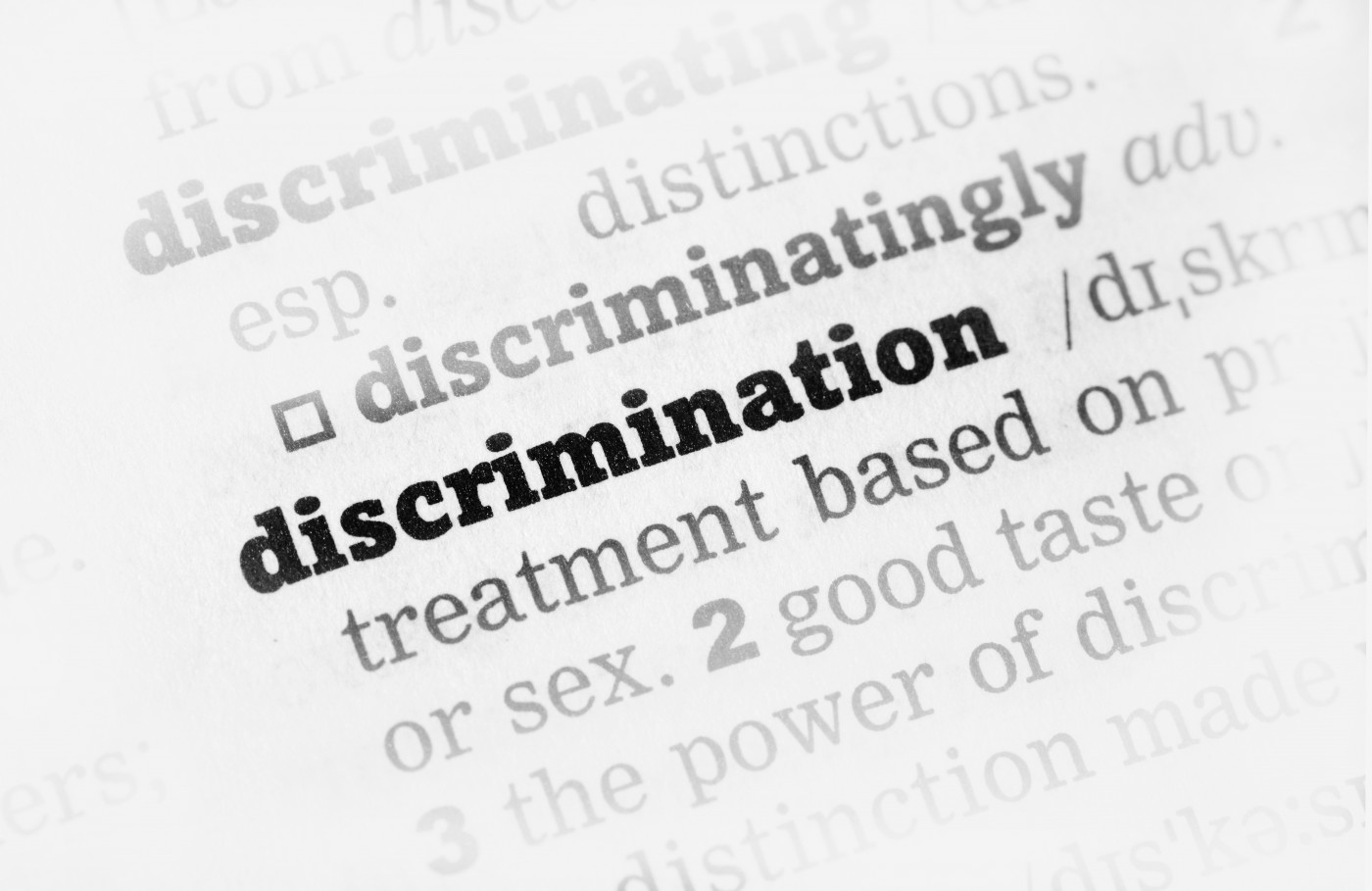 Researchers at the University College London in the United Kingdom recently published in the journal Obesity their findings that weigh-related discrimination is associated with a significantly lower quality of life and psychological well-being in obese patients. The study is entitled “Obesity, perceived weight discrimination, and psychological well-being in older adults in England.”
Researchers at the University College London in the United Kingdom recently published in the journal Obesity their findings that weigh-related discrimination is associated with a significantly lower quality of life and psychological well-being in obese patients. The study is entitled “Obesity, perceived weight discrimination, and psychological well-being in older adults in England.”
Obesity has been associated with several health risks, such as a higher risk for developing cardiovascular diseases and certain types of cancer including esophageal, bowel, uterus, kidney and pancreatic cancer. “Obesity is linked to the development of several cancer types so it’s crucial that people are supported and respected to help them lose weight, and cut this risk,” said the director of the Cancer Research UK Health Behaviour Centre at UCL and study’s senior author, Dr. Jane Wardle in a news release. It is estimated that more than one in every 20 cancers diagnosed in the United Kingdom are due to excess weight or obesity.
Obesity has also been linked to adverse effects on psychological well-being. Evidence shows that obese individuals have in general a poorer quality of life, lower self-esteem, troubles with body image and an increased risk for depression and other psychiatric disorders. In Western society, prejudice against obese individuals is considered universal and is rarely confronted. Several people suffering with obesity report being discriminated due to their weight.
Studies evaluating the role played by discrimination in psychological well-being in obese individuals are lacking. In this study, researchers aimed to determine the extent to which perceived weight discrimination is linked to the relationship between obesity and three well-being parameters — life satisfaction, quality of life and depressive symptoms. Data from 5,056 English adults over the age of 50 from the cohort English Longitudinal Study of Ageing (ELSA), with reports on discrimination, BMI, and in at least one psychological parameter were analyzed.
Researchers found that individuals who felt discriminated based on their weight exhibited an increase in depression symptoms, a reduction in quality of life and overall lower life satisfaction in comparison to individuals who have not experienced weight discrimination. Examples of discrimination events included disrespectful treatment, harassment and poor service in shops, restaurants or healthcare services.
“There’s evidence that people are picked on about their weight by the general public as well as health professionals and many obese patients report being treated disrespectfully, including by doctors. Everyone should stop blaming and shaming people for their weight, and offer support, and, where appropriate, treatment,” said Dr. Wardle.
“In the United Kingdom, the Equality Act 2010 legally protects individuals from discrimination on the basis of age, sex, race, disability, religion or beliefs, sexual orientation, marital status, pregnancy, or gender reassignment; making it clear that discriminatory behavior of this nature is not to be accepted,” concluded the study’s lead author Dr. Sarah Jackson. “Our results indicate that discriminatory experiences contribute to poorer psychological wellbeing in individuals with obesity.”


